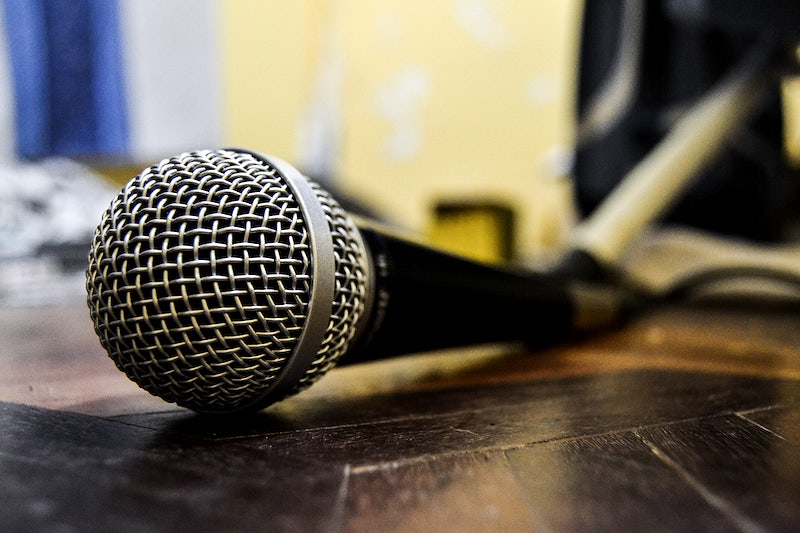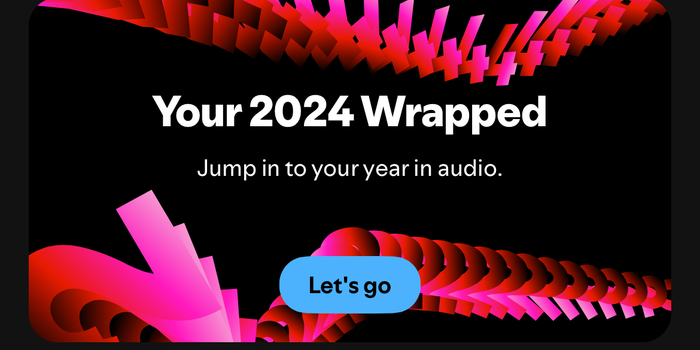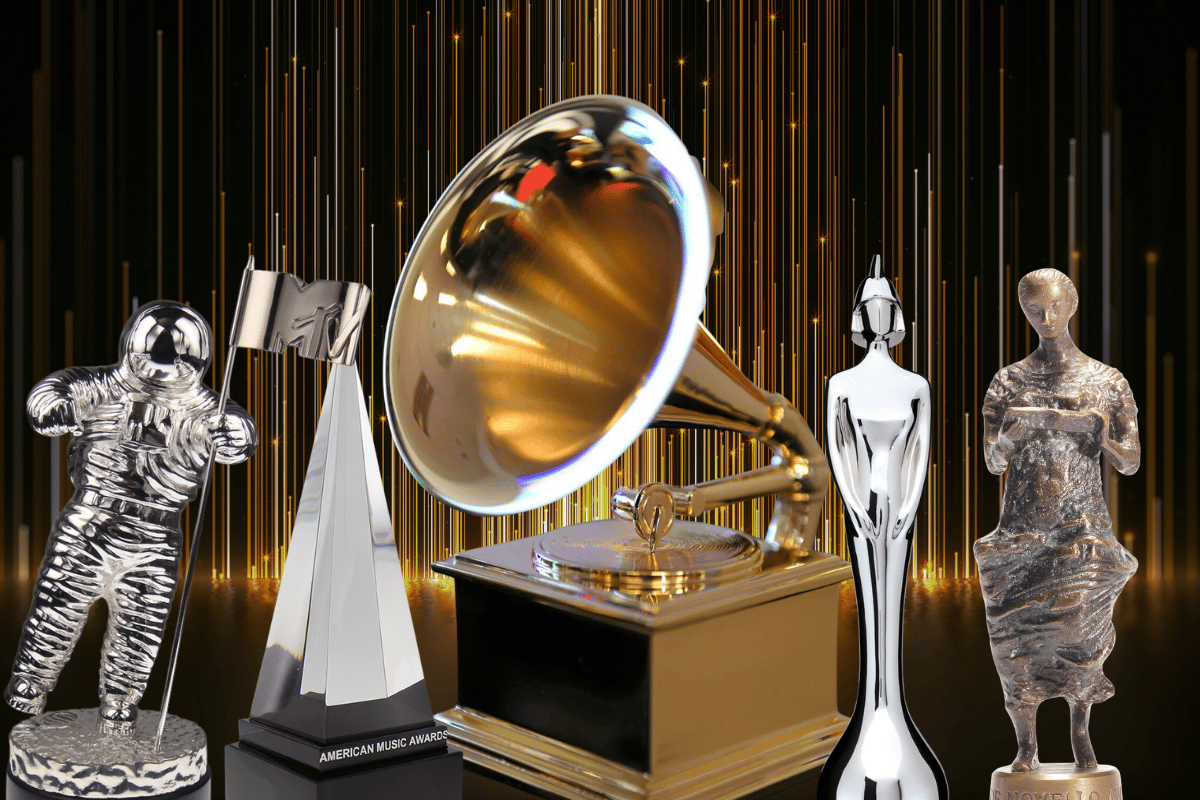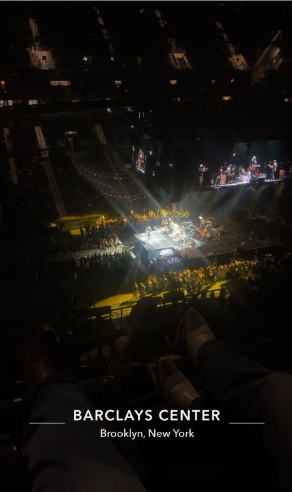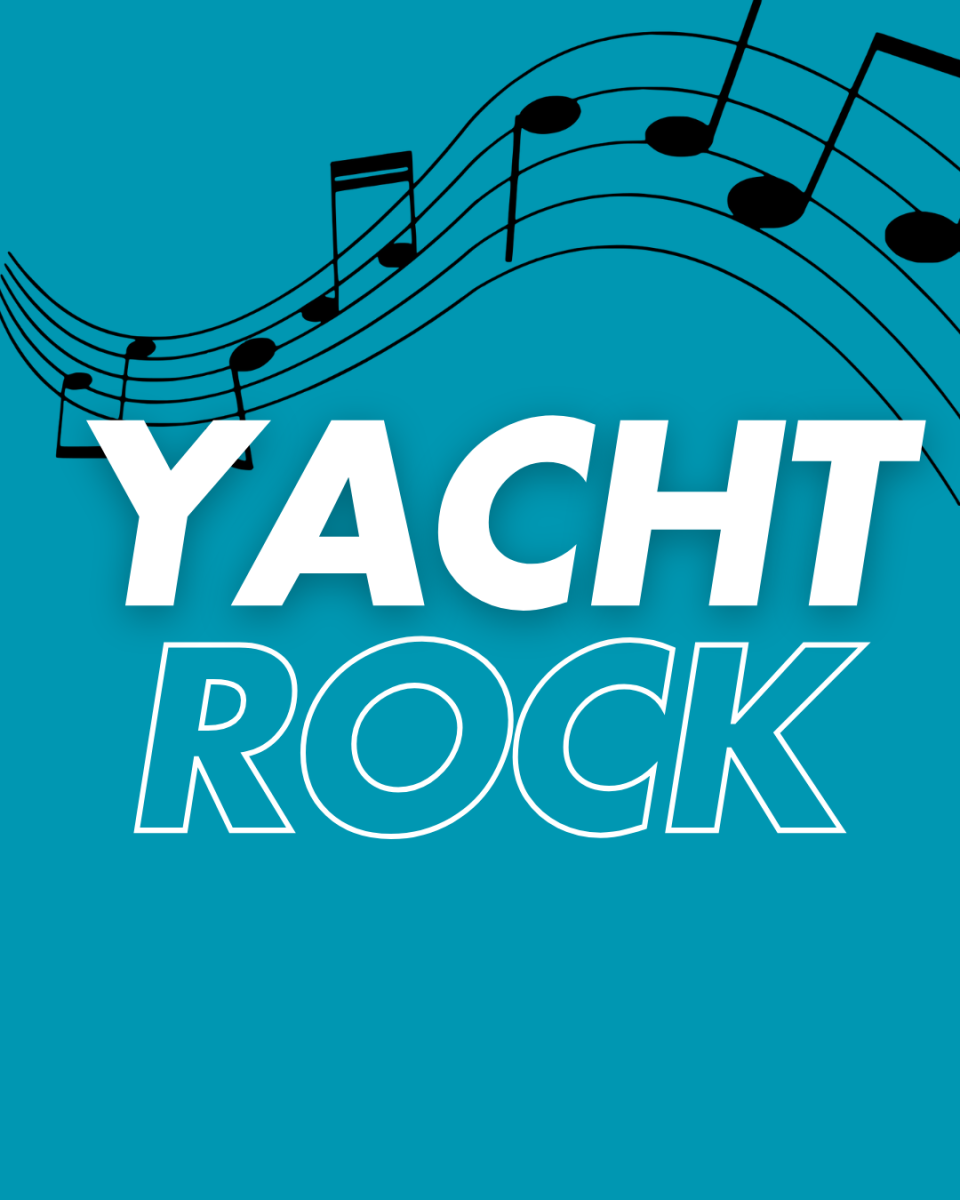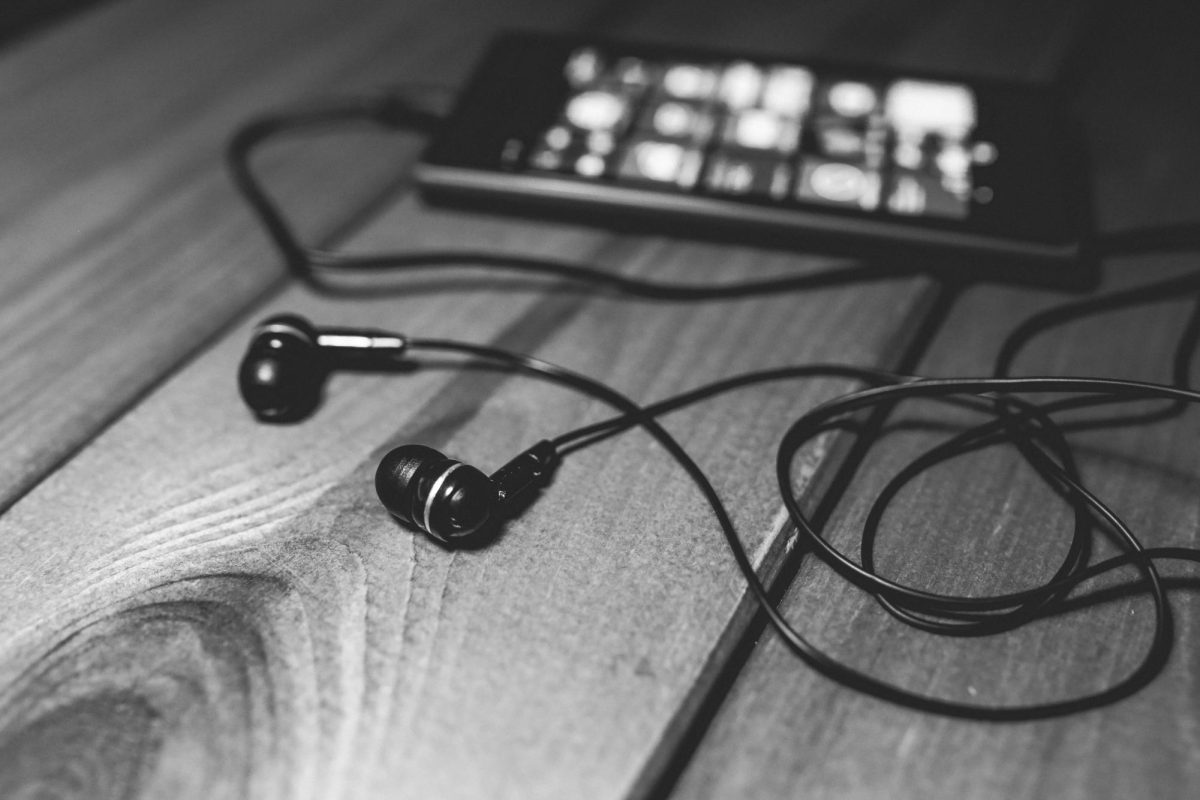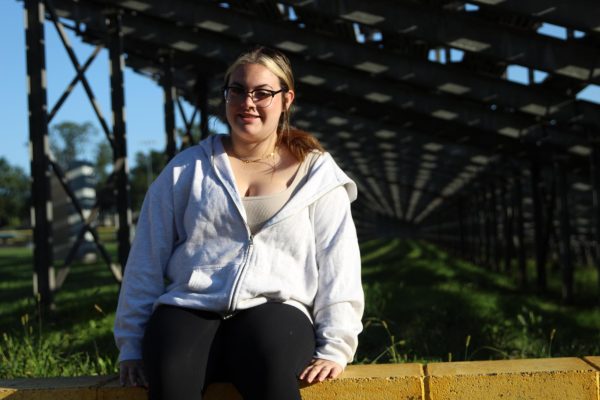Rap/hip-hop contributes to people’s lives every day from emotionally to rhythmically and according to Daily Mail even physically. In a time when earbuds are constantly in teen’s ears, it begs to investigate if music, namely rap, inspires and motivates teens.
How Rap Inspires Our Youth
Many students have said music helps them “take their mind off things” and Rap music “speaks to them.” And they can relate to it. As mentioned by Share America “Hip-Hop is popular because of its powerful form of expression with universal themes such as social justice and the search for identity.” For example, Rap songs that speak about social justice are Change by Tupac and Be free J. Cole, Alright by Kendrick Lamar, and Letter to the system by T.I.
The American Academy of Child and Adolescent Psychiatry claims that many rap songs encourage violence, suicide, and inappropriate sexual content. These lyrics also impact and encourage young people start using drugs and alcohol. According to popular belief, many men who listen to rap music are seen as having more violent tendencies than those who don’t. This involves treating women generally with greater disdain and aggression.
Although many people find it difficult to look past the profanity, materialism and hazardous messages typically embraced within mainstream rap music, hip hop culture is founded on concepts of social justice, peace, respect, self-worth, community, and having fun.
When asked how rap inspires him, Hot 97 host Funkmaster Flex said in an interview with The Declaration, “New music is a disease. I love seeing young talent. It really excites me. Anything that expresses the current state of the youth is a great thing.”
Power of Hip Hop culture on society
Rap music and the culture that surrounds it were quickly blamed for the fatal backstage shooting at a T.I. performance in 2016 by William Bratton, a former police commissioner of New York. ” There is no disputing the disturbing nature of hip-hop lyrics, which typically glorify drug abuse, violence, and gender inequity.
Hip hop culture is based on principles of social justice, peace, respect, self-worth, community, and having fun. But many individuals find it challenging to ignore the profanity, materialism, and harmful messages typically embraced within mainstream rap music.
These principles have led to an increase in its use as a therapeutic tool when working with young people. Due to the work of school counselors, psychologists and social workers, the option of incorporating hip hop into mental health practices has become increasingly widespread. In fact, it has become the focus of a team of Cambridge University psychiatrists. They employ “hip hop pysch” as a means of enhancing mental health. “The ideal type of music therapy” is rap.
As reported in Youth Voice, a study from Emory University explored teenagers between the ages of 14 and 18. They discovered that people who listen to music for 14 hours a week are 1.5 times more likely to partake in illegal activities. These activities include underage drinking, drug usage and getting a sexually transmitted disease. They are 2.5 times more likely to get arrested. And three times more likely to fight a teacher.
The American Academy of Child and Adolescent Psychiatry claims that many rap songs encourage violence, suicide, and inappropriate sexual content. These lyrics also impact and encourage young people start using drugs and alcohol. It’s a common misconception that males, who listen to rap music, have a higher tendency toward violence. This involves treating women generally with greater disdain and aggression.
Power of hip hop on mental health
In accordance with Oasisapp, Hip Hop Therapy (HHT) is a kind of mental health care that makes use of hip hop culture and music as a therapeutic tool. Dr. Edgar Tyson coined Hip Hop Therapy in 1998. Tyson recommended that HHT incorporate the hip hop culture. As well as hip hop lyrics and beats when developing the technique.
The use of it as a therapeutic tool when working with youth is growing as a result of these ideals. Due to the efforts of school counselors, psychologists and social workers, incorporating hip hop into mental health practices has become increasingly widespread. In fact, it has taken center stage in the work of a group of Cambridge University psychiatrists. They use “hip hop pysch” as a vehicle for advancing mental health. “The ideal type of music therapy” is rap surprisingly.
The study’s finds in the last 10 years, black men, around the age of 28, composed rap songs about mental health. This is critical because black teenagers, a demographic particularly at risk for suicide, look up to these rappers as role models. Black youth suicide rates increased alarmingly between 2001 and 2017 as mentioned by Newport Institute.




